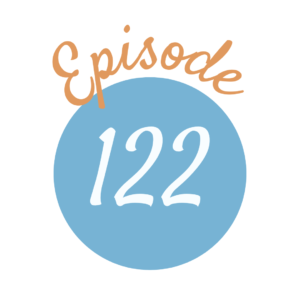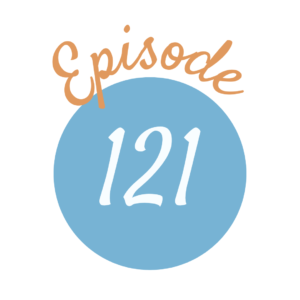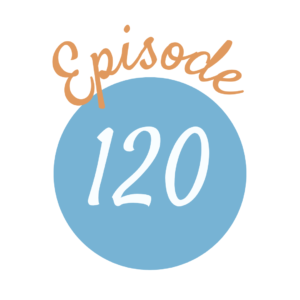 Today’s Charlotte Mason podcast episode is an interview with Min Hwang, a homeschooling mom who has taken her enthusiasm for and knowledge of the Charlotte Mason method outside her own homeschooling circle to parents in traditional educational settings. You will be inspired to hear how she shares the beauty of Ms. Mason’s simple truths with parents in all walks of life that have children in public and private schools. Min’s fervent love for God and trust in Mason’s sound Biblical principles of parenting and educating is bringing hope to parents in all settings. She shares practical tips for you to consider how to approach all parents with our common desire to raise children to know God, be the persons He has created them to be, and be confident in their role as parents.
Today’s Charlotte Mason podcast episode is an interview with Min Hwang, a homeschooling mom who has taken her enthusiasm for and knowledge of the Charlotte Mason method outside her own homeschooling circle to parents in traditional educational settings. You will be inspired to hear how she shares the beauty of Ms. Mason’s simple truths with parents in all walks of life that have children in public and private schools. Min’s fervent love for God and trust in Mason’s sound Biblical principles of parenting and educating is bringing hope to parents in all settings. She shares practical tips for you to consider how to approach all parents with our common desire to raise children to know God, be the persons He has created them to be, and be confident in their role as parents.
Listen Now:
“But let the imaginations of children be stored with the pictures, their minds nourished upon the words, of the gradually unfolding story of the Scriptures, and they will come to look out upon a wide horizon within which persons and events take shape in their due place and due proportion. By degrees, they will see that the world is a stage whereon the goodness of God is continually striving with the wilfulness of man; that some heroic men take sides with God; and that others, foolish and headstrong, oppose themselves to Him. The fire of enthusiasm will kindle in their breast, and the children, too, will take their side, without much exhortation, or any thought or talk of spiritual experience.” (1/249)
“Therefore, let the minds of young children be well stored with the beautiful narratives of the Old Testament and of the gospels; but, in order that these stories may be always fresh and delightful to them, care must be taken lest Bible teaching stale upon their minds. Children are more capable of being bored than even we ourselves and many a revolt has been brought about by the undue rubbing-in of the Bible, in season and out of season, even in nursery days. But we are considering, not the religious life of children, but their education by lessons; and their Bible lessons should help them to realise in early days that the knowledge of God is the principal knowledge, and, therefore, that their Bible lessons are their chief lessons.” (1/251)
“Very likely such parents are not less, but more worthy than the persons they give place to; but that is not the question; they are invested with an officialdignity; it is in virtue of their office, not of personal character, that they are and must remain superior to their children, until these become of an age to be parents in their turn. And parents are invested with this dignity, that they may be in a position to instruct their children in the art of living. Now, office in itself adds dignity, irrespective of personal character; so much so, that the judge, the bishop, who does not sustain his post with becoming dignity has nothing to show for himself. So of the parent; if he forego the respectful demeanour of his children, he might as well have disgraced himself before their eyes; for in the one case as in the other, he loses that power to instruct them in the art and science of living, which is his very raison d’être in the Divine economy.” (5/199)
For the Children’s Sake, Susan Schaeffer Macaulay
Home Education, Charlotte Mason
Richele Baburina’s Mathematics: An Instrument of Living Teaching
Elementary Arithmetic Series, Book I
Art Middlekauff’s 20 Principles Teacher Training Video








